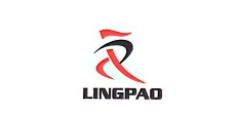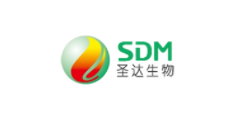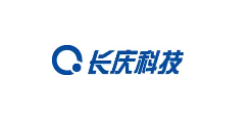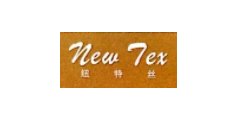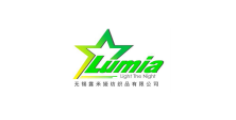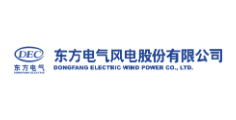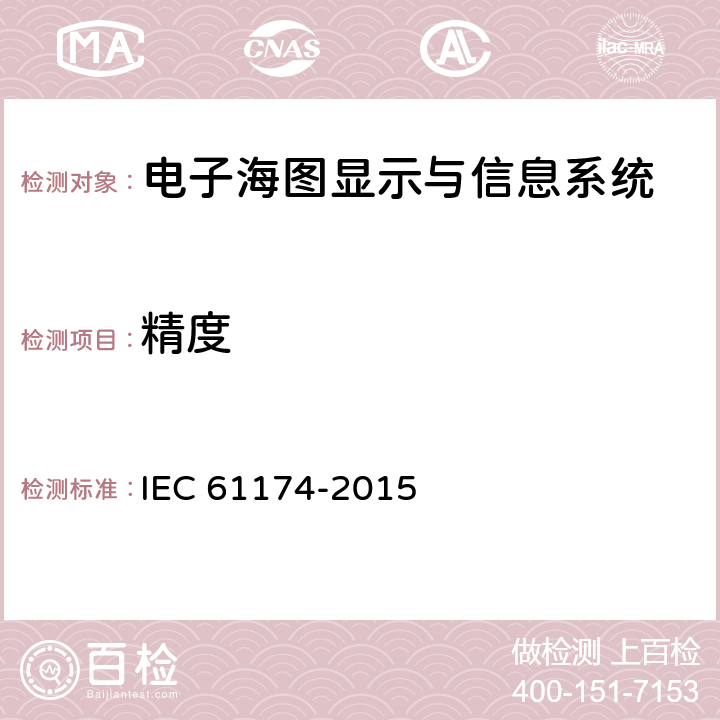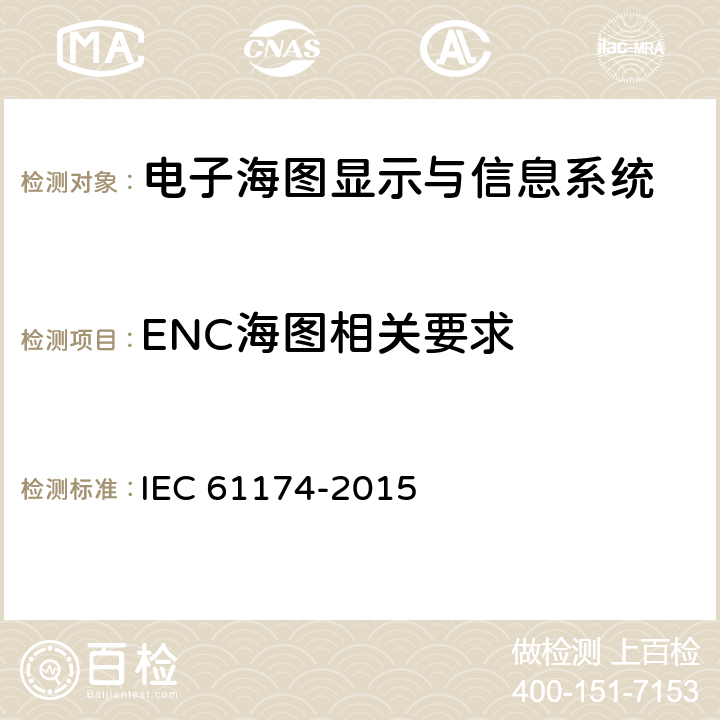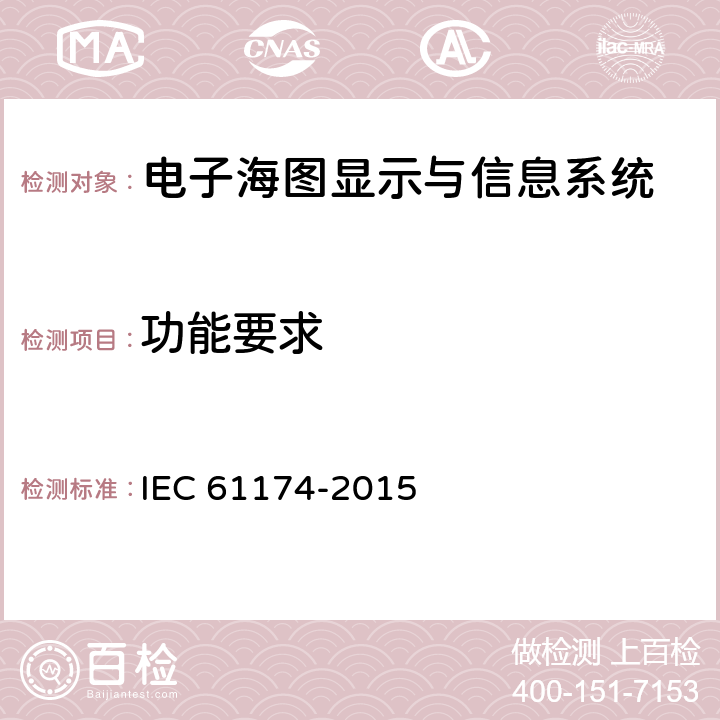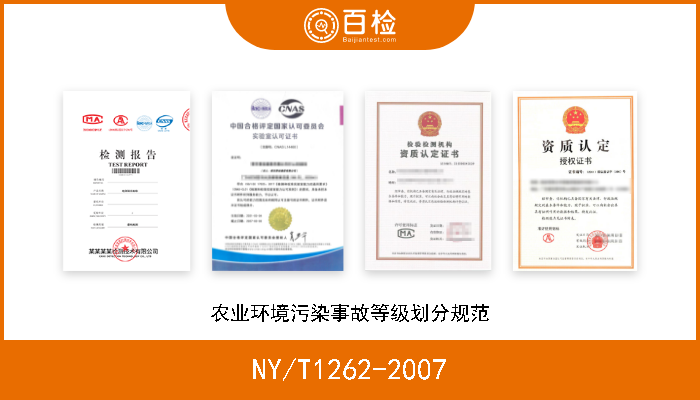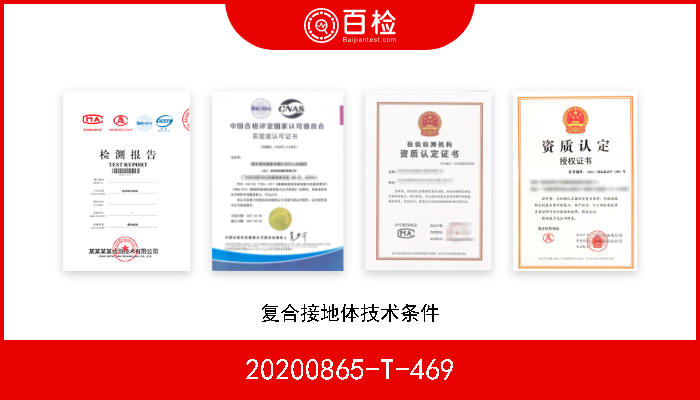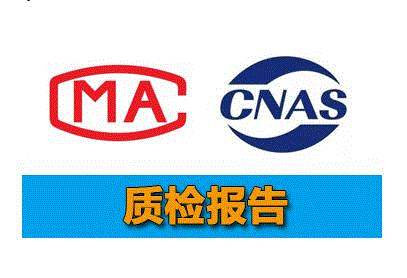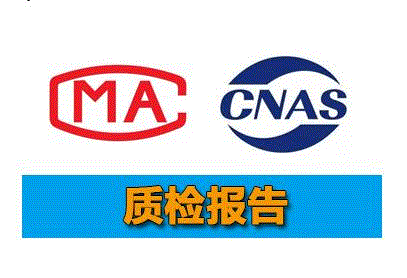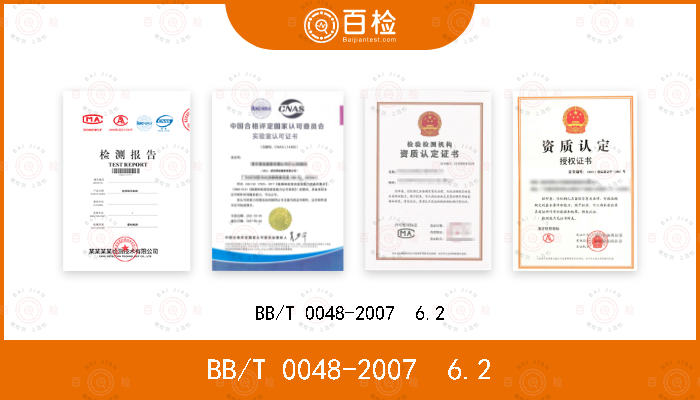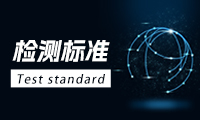BS EN 62376-2011 海上导航和无线电通信设备和系统.电子海图系统(ECS).操作和性能要求,试验方法和要求的试验结果
百检网 2021-08-04
标准号:BS EN 62376-2011
中文标准名称:海上导航和无线电通信设备和系统.电子海图系统(ECS).操作和性能要求,试验方法和要求的试验结果
英文标准名称:Maritime navigation and radiocommunication equipment and systems. Electronic chart system (ECS). Operational and performance requirements, methods of testing and required test results
标准类型:U66
发布日期:2011/5/31 12:00:00
实施日期:2011/5/31 12:00:00
中国标准分类号:U66
国际标准分类号:47.020.70
引用标准:IEC 60945-2002;IEC 61162-1;IEC 61162-3;IEC 61174-2008;IEC 62288-2008;IEC 62388-2007;IHO S-52 Annex A-2008;IHO S-60-2003;IHO S-61-1999
适用范围:This International Standard specifies the minimum operational and performance requirementsand methods of testing for ECS. ECSs are designed or adapted for use as navigationinformation systems on vessels not required to comply with Chapter V of the InternationalConvention for the Safety of Life at Sea (SOLAS).Different types of vessels, for example, a non-SOLAS passenger vessel, a small fishingvessel or a recreational vessel, which operate in different environments, need to be equippedwith navigational systems providing functionality to meet their needs. If the full functionality ofECDIS according to IEC 61174 is considered to be unnecessary, ECS may be suitable for anavigation information system for these vessels. Governments may consider requiring thecarriage of ECS for these vessels under local arrangements.In order to provide a standard that can be used to apply different levels of navigationalfunctionality, three classes of ECS are defined.• Class “A” ECS are designed or adapted for use as a primary navigation informationsystem.• Class “B” ECS are designed or adapted for use as a navigation information system whereless navigational functionality is required than Class “A”.• Class “C” ECS are designed or adapted for use as a navigation information system withminimal functionality intended to plot and monitor a vessel’s position.Within this International Standard, the beginning of each paragraph indicates the applicabilityto ECS Class(es). Paragraphs marked “(A B C)” apply to all Classes; paragraphs marked “(AB)” or “(B C)” apply only to those specific combinations of Classes; and paragraphs marked“(A)”, “(B)” or “(C)” apply only to those individual Classes.For a Class “A” and Class “B” ECS, adequate back-up arrangements may be required toensure safe navigation in the event of an ECS failure. For a Class “A” ECS, an additionalClass “A” ECS may be used as the back-up. Alternatively, Class “B” ECS are intended tomeet the minimum requirements for adequate back-up arrangements for Class “A” ECS. For aClass “B” ECS, an additional Class “B” ECS may be used as the back-up. Class “C” ECS arenot intended to meet the minimum requirements for adequate back-up arrangements for Class“A” or Class “B” ECS.Guidance for testing ECS is given in Annex A.
中文标准名称:海上导航和无线电通信设备和系统.电子海图系统(ECS).操作和性能要求,试验方法和要求的试验结果
英文标准名称:Maritime navigation and radiocommunication equipment and systems. Electronic chart system (ECS). Operational and performance requirements, methods of testing and required test results
标准类型:U66
发布日期:2011/5/31 12:00:00
实施日期:2011/5/31 12:00:00
中国标准分类号:U66
国际标准分类号:47.020.70
引用标准:IEC 60945-2002;IEC 61162-1;IEC 61162-3;IEC 61174-2008;IEC 62288-2008;IEC 62388-2007;IHO S-52 Annex A-2008;IHO S-60-2003;IHO S-61-1999
适用范围:This International Standard specifies the minimum operational and performance requirementsand methods of testing for ECS. ECSs are designed or adapted for use as navigationinformation systems on vessels not required to comply with Chapter V of the InternationalConvention for the Safety of Life at Sea (SOLAS).Different types of vessels, for example, a non-SOLAS passenger vessel, a small fishingvessel or a recreational vessel, which operate in different environments, need to be equippedwith navigational systems providing functionality to meet their needs. If the full functionality ofECDIS according to IEC 61174 is considered to be unnecessary, ECS may be suitable for anavigation information system for these vessels. Governments may consider requiring thecarriage of ECS for these vessels under local arrangements.In order to provide a standard that can be used to apply different levels of navigationalfunctionality, three classes of ECS are defined.• Class “A” ECS are designed or adapted for use as a primary navigation informationsystem.• Class “B” ECS are designed or adapted for use as a navigation information system whereless navigational functionality is required than Class “A”.• Class “C” ECS are designed or adapted for use as a navigation information system withminimal functionality intended to plot and monitor a vessel’s position.Within this International Standard, the beginning of each paragraph indicates the applicabilityto ECS Class(es). Paragraphs marked “(A B C)” apply to all Classes; paragraphs marked “(AB)” or “(B C)” apply only to those specific combinations of Classes; and paragraphs marked“(A)”, “(B)” or “(C)” apply only to those individual Classes.For a Class “A” and Class “B” ECS, adequate back-up arrangements may be required toensure safe navigation in the event of an ECS failure. For a Class “A” ECS, an additionalClass “A” ECS may be used as the back-up. Alternatively, Class “B” ECS are intended tomeet the minimum requirements for adequate back-up arrangements for Class “A” ECS. For aClass “B” ECS, an additional Class “B” ECS may be used as the back-up. Class “C” ECS arenot intended to meet the minimum requirements for adequate back-up arrangements for Class“A” or Class “B” ECS.Guidance for testing ECS is given in Annex A.
百检能给您带来哪些改变?
1、检测行业全覆盖,满足不同的检测;
2、实验室全覆盖,就近分配本地化检测;
3、工程师一对一服务,让检测更精准;
4、免费初检,初检不收取检测费用;
5、自助下单 快递免费上门取样;
6、周期短,费用低,服务周到;
7、拥有CMA、CNAS、CAL等权威资质;
8、检测报告权威有效、中国通用;
客户案例展示
相关商品
版权与免责声明
①本网注名来源于“互联网”的所有作品,版权归原作者或者来源机构所有,如果有涉及作品内容、版权等问题,请在作品发表之日起一个月内与本网联系,联系邮箱service@baijiantest.com,否则视为默认百检网有权进行转载。
②本网注名来源于“百检网”的所有作品,版权归百检网所有,未经本网授权不得转载、摘编或利用其它方式使用。想要转载本网作品,请联系:service@baijiantest.com。已获本网授权的作品,应在授权范围内使用,并注明"来源:百检网"。违者本网将追究相关法律责任。
③本网所载作品仅代表作者独立观点,不代表百检立场,用户需作出独立判断,如有异议或投诉,请联系service@baijiantest.com
行业热点

